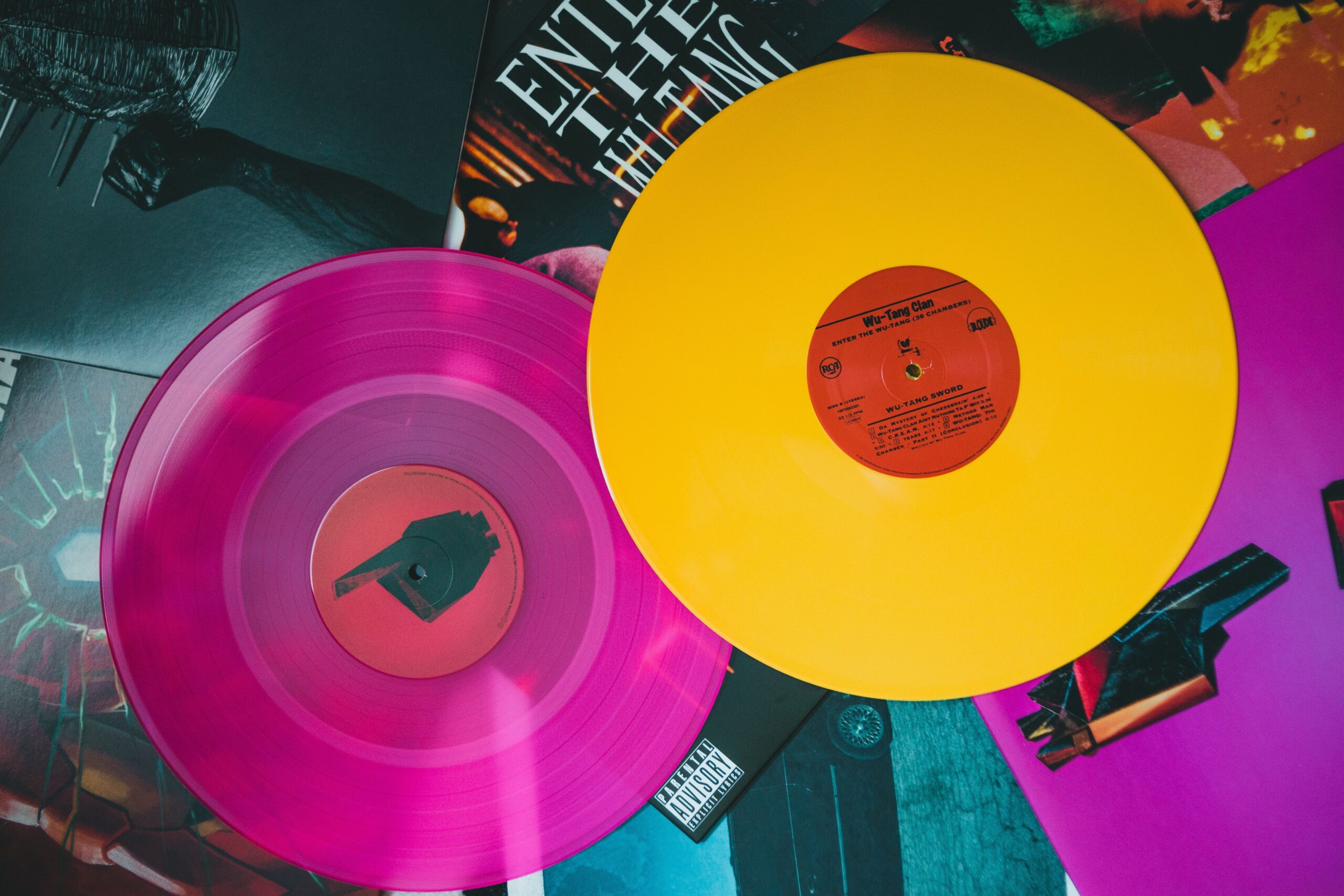This post is written by Melissa Wrenn. You can learn more about Melissa at the bottom of this post.
In recent years, I became a music student. I don’t mean in the way I took piano lessons through middle and high school, but something else. I study the craft—the process of writing songs, creating music, publishing, etc. This is a multi-genre effort. I have watched documentaries about Eric Clapton, Linda Ronstadt, Christopher Wallace (The Notorious B.I.G.), The Avett Brothers, Jason Isbell, Tina Turner, Joan Jett, Tupac Shakur, Bob Dylan, Taylor Swift, Selena Gomez, The Bee Gees, and countless others. I couldn’t even begin to count the hours I have invested in listening to podcasts about music development and music history. I follow the paths of the writers, the producers, the record labels, and the ranking process, not just the artists. In short, I am a student of the discipline.
Music offers classroom teachers powerful tools for foundational literacy skills when used as a mentor text for writing (e.g., rhyme, figurative language, genre, tone, mood, word choice) and reading (e.g., fluency, author’s purpose, inference). As a discipline, music can also be used to teach students about community, belonging, history, and advocacy. I vividly remember getting a set of CDs with the new social studies curriculum that my district adopted when I was a fifth-grade teacher. The CDs had songs that were written at various points in history and included diverse perspectives and voices. As I explored the things I could do with them, I began to integrate the CDs into my literacy lessons. Thus, I found that music was a way to help students make abstract ideas more concrete and to say things they didn’t know that they also had the power to say. This shouldn’t be surprising, as adults use music for the same reasons, which can be heard in music across genres or seen in any music documentary.
The most recent documentary I watched was Jelly Roll: Save Me1, which aired on May 30, 2023, via Hulu. In this documentary, I saw one of the most transformative disciplinary literacy practices I have seen or heard about in my extensive music studies. Jelly Roll donated $400,000 to be used for youth projects, including music studios at the juvenile detention center, where he spent several years of his adolescence2. In the documentary, Jelly Roll talks about the detention center’s proximity to the music industry, and the importance of supporting young people on the path to success instead of returning them to the streets without skills. Music speaks to people of all ages, including those who are creating, sharing, and consuming music within the prison system.
The same can be said for people who are experiencing the push and pull factors of other forms of trauma. Tina Turner3 and Nina Simone4 repeatedly performed immediately following domestic violence. In a 1985 documentary, John Bailey5, captured Amir Mohammad’s experiences of creating, sharing, and consuming music as an Afghan refugee. More recently, Amanda Shires6 explored the trauma that she experienced, which became the lyrics for the song, “Cover Me Up,” which was written by her husband, Jason Isbell. This song was re-recorded by Morgan Wallen, and his album with the song about Amanda Shires’ trauma spent more than 100 weeks on the Billboard charts7. There are probably as many examples of this type of relationship between the impact of trauma and music as there are artists.
For classroom teachers, elevating music as a discipline for students to use when sharing their experiences and knowledge may be a powerful, yet under-utilized tool. When I was a fifth-grade teacher, I had a student who needed support with reading, and he was a devout Avett Brothers’ fan. He had worked so hard and made so much progress that I reached out to the Avett Brothers’ manager (you can literally find anything online). About a week later, Grammy-award winning Seth Avett recorded a special, encouraging message for my student, who had developed fluency by reading Avett Brothers’ lyrics.
So, as we are all reeling from the COVID recovery and other global and local tensions surrounding what education means, Jelly Roll serves as a disciplinary literacy model. He illustrates the connection between industry and community in the acts of creating, sharing, and consuming music. His efforts to build the musical disciplinary literacy capacity of youth who are incarcerated, those who may be at their lowest points, and those struggling with mental health, addiction, and more, highlights what one needs to be successful, and sometimes that starts with someone who gives us the tools and models to help us tell our stories in the discipline that speaks to our hearts.
References
- Pearlman, B. (Director). (2023). Jelly Roll: Save me. [Documentary]. Hulu.
- Newman, M. (2023, June 1). From prison to no. 1: Nashville rising star proves that ‘losers can win.’ Billboard. https://www.billboard.com/music/features/jelly-roll-whitsitt-chapel-interview-1235343219/
- Lindsay, D., & Martin, T. J. (Directors). (2021). Tina. [Documentary]. Home Box Office.
- Garbus, L. (Director). (2015). What happened, Miss Simone? [Documentary]. Netflix.
- Bailey, J. (Director). (1985). Amir: An Afghan refugee musician’s life in Peshawar, Pakistan [Documentary]. Documentary Educational Resources.
- Jones, S. (Director). (2023). Jason Isbell: Running with our eyes closed. [Documentary] Home Box Office.
- O’Connell, M. (2023, January 8). Two years ago: Morgan Wallen releases record-breaking ‘Dangerous: The Double Album.” Country Now. https://countrynow.com/two-years-ago-morgan-wallen-releases-record-breaking-dangerous-the-double-album/

Melissa Wrenn, PhD, NBCT
Melissa has been an educator for over 20 years. She is a faculty member at East Carolina University in the Elementary Education and Middle Grades Education Department; she studies disciplinary literacy, teacher education, and classroom discourse. Melissa is also a fan of great documentaries and great coffee.
Cover Photo by Erik Mclean on Unsplash
